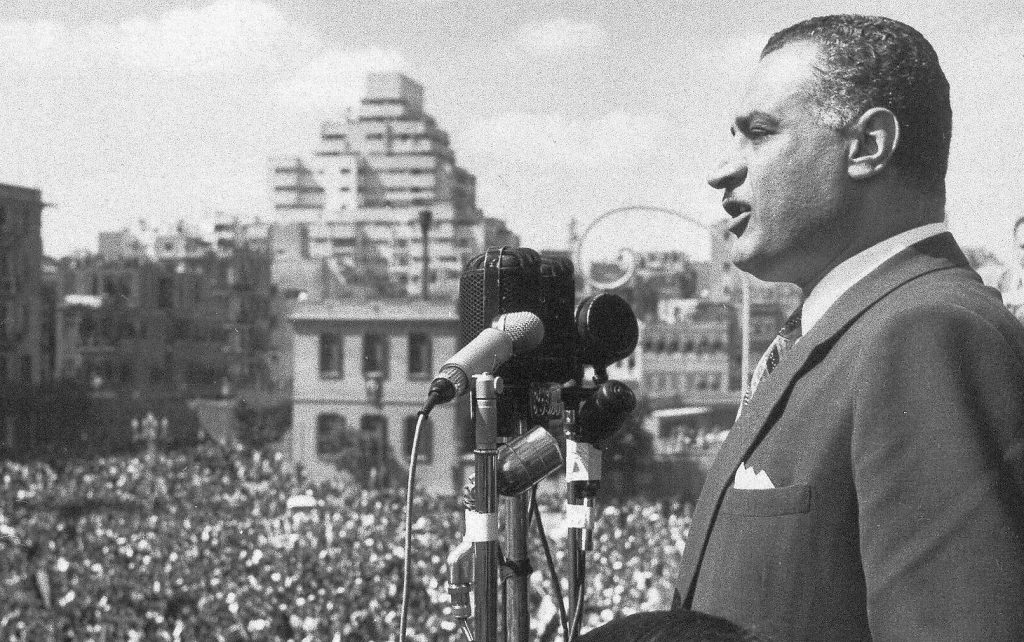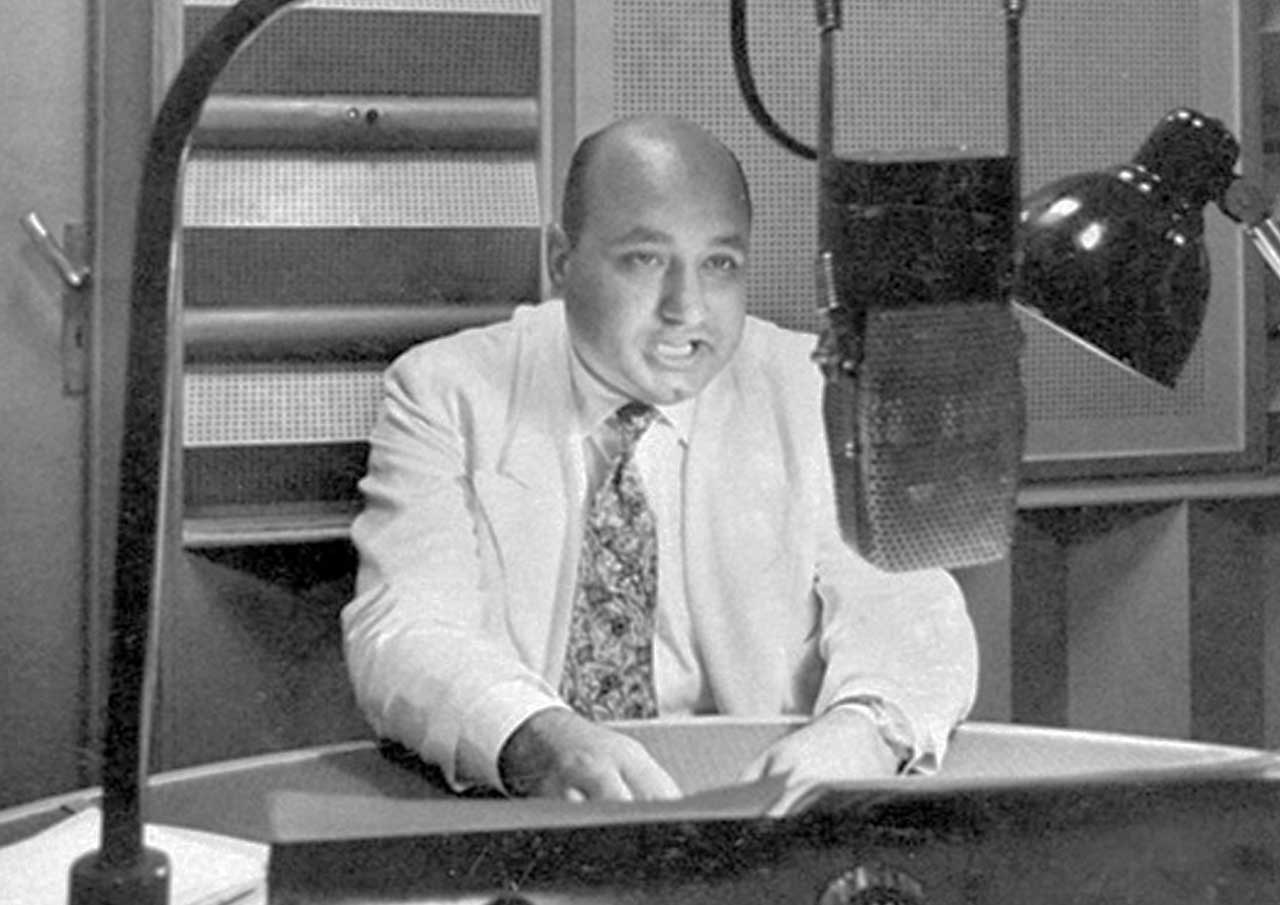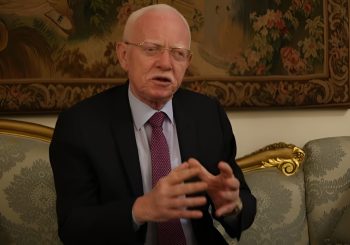It was the early 1950s, and the voice of Umm Kalthoum echoed throughout the region to awaken an era of solidarity, of hope.
“People used to have their ears glued to the radio,” recalls prominent Nasserist Abdallah Sennawi. It was an era defined by the cultural and political revival of Arab unity.
An era defined by Sout al-Arab.
On 4 July, 1953, Cairo Radio broadcast a half-hour show called ‘The Voice of the Arabs’ (Sout-Al Arab). Under the leadership of Gamel Abd El-Nasser, Sout al-Arab was rapidly distinguished for its use of highly emotional nationalist language, particularly broadcasting messages of anti-colonialism and anti-Zionism. The show consisted of news, political commentary and speeches by leading public figures.
Sout al-Arab also featured iconic singers such as Umm Kalthoum and Mohammed Abd El-Wahab whose contributions led to the show’s immediate success.
Affordable transistor radios were critical in the history of transnational broadcasting. From the heart of Cairo, Sout al-Arab was broadcasting the revolutionary ideas of Nasser’s regime 18 hours each day, in millions of homes across the Middle East and North Africa. By reaching across national boundaries, Sout al-Arab broke down all understandings of domestic and regional politics, moulding a new understanding of Arabism.
According to Laura James, a leading scholar on Middle Eastern Politics and International Relations at the University of Oxford, Sout al-Arab constructed an Arab identity, “with a particular image, dissociating Arabism from Islam even as it bound the new ideology together with strands of socialism and anti-colonialism.”
Just a month after its initial broadcast, Sout al-Arab began to take shape as a vehicle of Gamel Abd El-Nasser’s propaganda both locally and abroad, often riddled with major inaccuracies.

The ongoing British presence in the Gulf, the Israeli occupation, and Arab governments in Iraq, Yemen, and Saudi Arabia were at the brunt of intensifying hostile rhetoric by Sout al-Arab. The station demanded that ‘people break all bonds and shackles and impose themselves’ on their governments.
Ahmed al-Said, a well-known presenter and general manager at Sout al-Arab, acknowledges the station’s mandate was to inform Arabs not only about the dangers of imperialism, but also of their own governments’ sins. Between 1958 and 1962, Sout al-Arab’s political influence would contribute to the overthrow of both the Iraqi and Yemeni governments.
Slowly, it was becoming apparent that Sout al-Arab was the voice of the political regime in Cairo, rather than a genuinely collective and unified Arab voice.
It would, however, instigate the downfall of it’s maker as it did its enemies.
It was Sout al-Arab’s subsequent coverage of the 1967 Arab-Israeli War that would cause massive public distrust in the Nasser regime and the notion of Arab solidarity. Ahmed al-Said attested that Sout al-Arab exaggerated the number of planes shot down in an attempt to issue propaganda to deceive the enemy. However, the painful loss of the war would unravel these lies and confirm the station’s deceit.
Once a supposed beacon of Arab unity, Sout al-Arab became less in tune with public opinion and sentiment. It also became a lesson on the inevitable fragility of malicious government propaganda.
Sout al-Arab has been broadcasting radio waves across the region now for 68 years. However, unlike in its formative years, it has now been relegated to relative obscurity, playing no significant role in regional or domestic political commentary.






Comments (6)
[…] إذاعة صوت العرب: مفارقة عبد الناصر في الوحدة […]
[…] إذاعة صوت العرب: مفارقة عبد الناصر في الوحدة […]